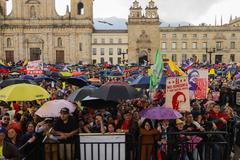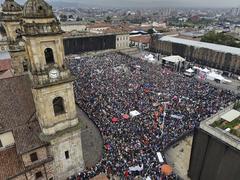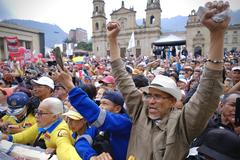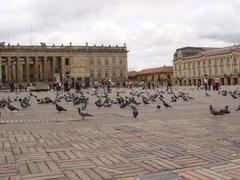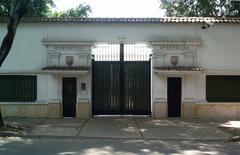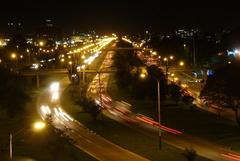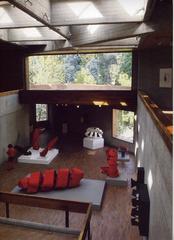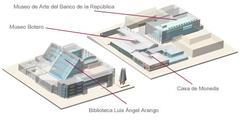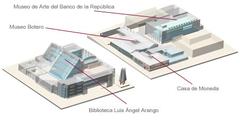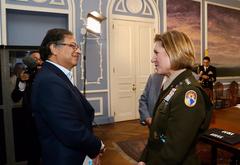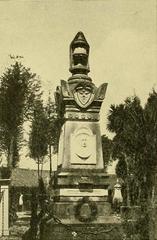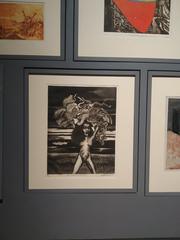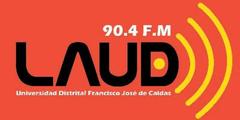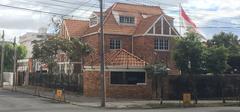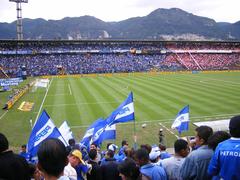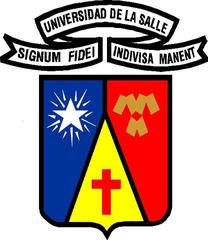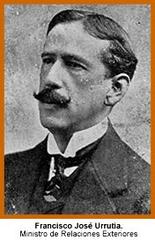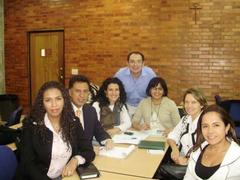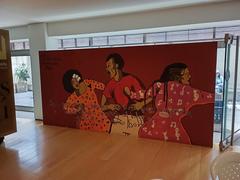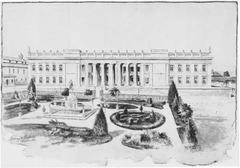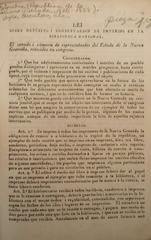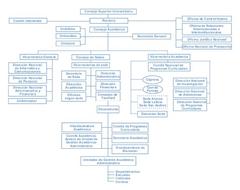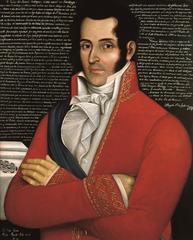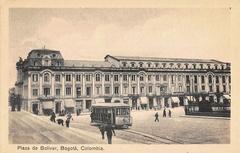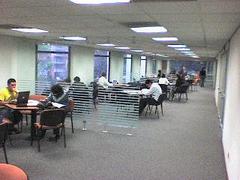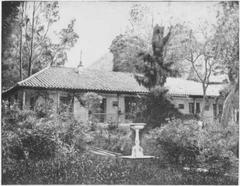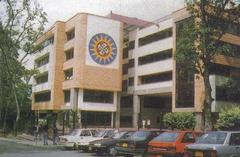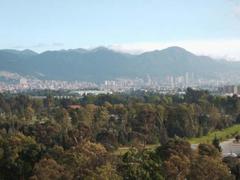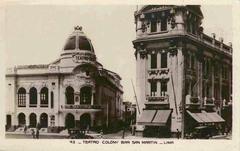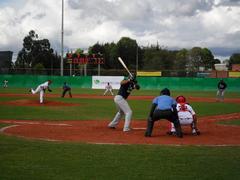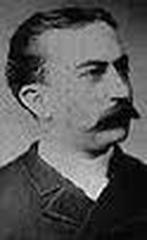
Plaza de Bolívar Bogotá: Visiting Hours, Tickets, and Historical Sites Guide
Date: 14/06/2025
Introduction
Plaza de Bolívar is the historical and cultural epicenter of Bogotá, Colombia. Set within the city’s oldest neighborhood, La Candelaria, this iconic square is surrounded by monumental buildings, steeped in centuries of history, and serves as a vibrant gathering space for locals and visitors alike. Whether you are a history enthusiast, architecture lover, or a curious traveler, Plaza de Bolívar offers a rich, immersive experience that captures the essence of Colombia’s past and present (History Tools; Colombia One).
Historical Overview
Pre-Columbian and Colonial Origins
Before the Spanish conquest, the area that is now Plaza de Bolívar was inhabited by the Muisca civilization, who used the site for communal and religious purposes. With the arrival of the Spanish in 1538, Bogotá was founded and the square—then known as Plaza Mayor—became the city’s administrative, religious, and commercial hub. The first cathedral and government buildings were constructed around the plaza, establishing its central role in urban life (Colombia One; Hoteles B3).
Independence and Transformation
Plaza de Bolívar was the stage for pivotal moments in Colombian history. On July 20, 1810, the “Grito de Independencia” (Cry of Independence) was declared at the nearby Casa del Florero, marking the start of Colombia’s liberation from Spanish rule (Hoteles B3). In 1846, the plaza was renamed to honor Simón Bolívar, the liberator of much of South America. The installation of Bolívar’s equestrian statue that same year cemented the square’s symbolic importance (Wikipedia).
Architectural Landmarks
Surrounding Plaza de Bolívar are several of Bogotá’s most significant buildings:
- Catedral Primada de Colombia: The country’s largest church, a neoclassical masterpiece completed in 1823.
- Capitolio Nacional: Home to Colombia’s Congress, built between 1847 and 1926.
- Palacio Liévano: Bogotá’s city hall, distinguished by its French Renaissance architecture.
- Palacio de Justicia: Seat of the Supreme Court, rebuilt after the 1985 siege (Touropia; Adventure Backpack).
- Casa del Florero: Museum marking the site of Colombia’s independence movement.
Political and Social Epicenter
Plaza de Bolívar has continuously served as the setting for Colombia’s major political events, including independence rallies, the 1948 Bogotazo riots, the 1985 Palace of Justice siege, and modern-day protests or civic celebrations. Its vast open space accommodates tens of thousands of people for national commemorations, demonstrations, and cultural festivals (History Tools; Bogotá Government).
Visiting Plaza de Bolívar: Hours and Tickets
Visiting Hours
- Plaza de Bolívar: Open 24 hours a day, 7 days a week. Free public access (Mi Vida Viajera).
- Catedral Primada de Colombia: Daily from 7:00 AM to 7:00 PM.
- Capitolio Nacional: Guided tours by appointment, typically weekdays 9:00 AM – 4:00 PM.
- Museums (e.g., Casa del Florero, Museo del Oro, Museo Botero): Usually 9:00 AM – 5:00 or 6:00 PM (Nomadic Matt).
Tickets and Entry Fees
- Plaza de Bolívar: No ticket required, always free.
- Landmarks/Museums: Some may require tickets or accept donations. Check official websites for current fees.
How to Get There
Plaza de Bolívar is located at Carrera 7 #11-10 in the city center (Mi Vida Viajera).
- TransMilenio: Disembark at Avenida Jiménez or San Victorino stations; both are about a 13-minute walk.
- Taxi/Ride-Share: Approx. COP 20,000 ($4 USD) from distant neighborhoods.
- Car: Parking available on Calle 12 and Carrera 9; rates around COP 3,000/hour.
Best Times to Visit
- Dry Season: December–March offers the best weather with minimal rain (Travellers Worldwide).
- Weekdays at Noon: Least crowded, peaceful atmosphere.
- Evenings and Holidays: Expect more crowds, especially during festivals and national events.
Safety and Practical Tips
- Daytime visits are safest; at night, stick to well-lit areas and use registered taxis or ride-shares (Travelsafe Abroad).
- Keep valuables secure and be alert to pickpockets, especially during crowded events.
- Dress in layers and carry a rain jacket due to Bogotá’s unpredictable weather (Xixerone).
- Comfortable shoes are recommended for walking on cobblestones.
Accessibility
- The plaza is flat and largely wheelchair accessible. Some adjacent streets in La Candelaria are steep and cobbled, so plan ahead for mobility needs.
- Public restrooms are limited; facilities are available in nearby museums and restaurants.
Food and Refreshments
- La Puerta Falsa: Historic eatery for tamales and ajiaco (Nomadic Matt).
- Nearby cafés and restaurants offer local and international dishes; expect to pay COP 40,000–80,000 ($8–16 USD) for main meals (Mi Vida Viajera).
- Street vendors sell snacks and drinks, especially during weekends and events.
Events and Atmosphere
Plaza de Bolívar hosts frequent cultural events, markets, concerts, and political rallies (Arepas del Gringo). The lively square is ideal for people-watching, photography, and enjoying Bogotá’s urban energy. Pigeons and street performers add to the atmosphere.
Guided Tours
- Free Walking Tours: Available from companies like BeyondColombia, Strawberry Tours, and GuruWalk; often tip-based (Nomadic Matt).
- Audio Guides: Apps like Audiala provide self-guided experiences.
- Time Required: Plan 30–60 minutes for the plaza, several hours for a full tour including nearby museums (TripHobo).
Top Nearby Attractions
- Museo del Oro: Renowned gold museum within walking distance.
- Museo Botero: Home to works by Fernando Botero and other artists.
- Museo de la Independencia – Casa del Florero: Site of Colombia’s independence proclamation.
- Teatro Colón and Iglesia de San Francisco: Further examples of Bogotá’s colonial and cultural legacy (Wanderlog).
Frequently Asked Questions (FAQ)
Q: What are the Plaza de Bolívar visiting hours?
A: Open 24/7; surrounding museums and landmarks generally open 9:00 AM–6:00 PM.
Q: Is there an entrance fee?
A: The plaza is free; some nearby museums may charge admission.
Q: Are guided tours available?
A: Yes, both free and paid options exist, including tip-based walking tours and self-guided audio tours.
Q: Is the plaza accessible for people with disabilities?
A: The main square is accessible, but some surrounding streets are cobbled and steep.
Q: Is it safe to visit at night?
A: Daytime is safest; use caution and registered transport at night.
Visuals and Media Suggestions
- Photos: Panoramic plaza views, Simón Bolívar statue, Catedral Primada façade and interior, nighttime Christmas lights.
- Map: Interactive or static map marking the plaza and key nearby attractions.
Summary and Final Recommendations
Plaza de Bolívar is an essential stop for anyone seeking to understand Bogotá’s—and Colombia’s—complex history, architectural beauty, and vibrant culture. Its central location and free access make it perfect for both brief visits and deeper exploration. For the best experience, consider:
- Visiting during the dry season.
- Starting your day early or joining a guided tour.
- Exploring surrounding museums and enjoying local cuisine.
- Using the Audiala app for up-to-date guides and tips.
This iconic square continues to be a living stage for Colombia’s evolving story, bridging the past and present in every event, protest, or celebration held within its open expanse (The City Lane; Adventure Backpack; Bogotá Government; Touropia).
References
- History Tools
- Colombia One
- Touropia
- Visit Bogotá
- Bogotá Government
- The City Lane
- Adventure Backpack
- Bogotá Government
- Mi Vida Viajera
- Nomadic Matt
- Travellers Worldwide
- Travelsafe Abroad
- Arepas del Gringo
- TripHobo
- Wanderlog
- Xixerone
- My Global Viewpoint

